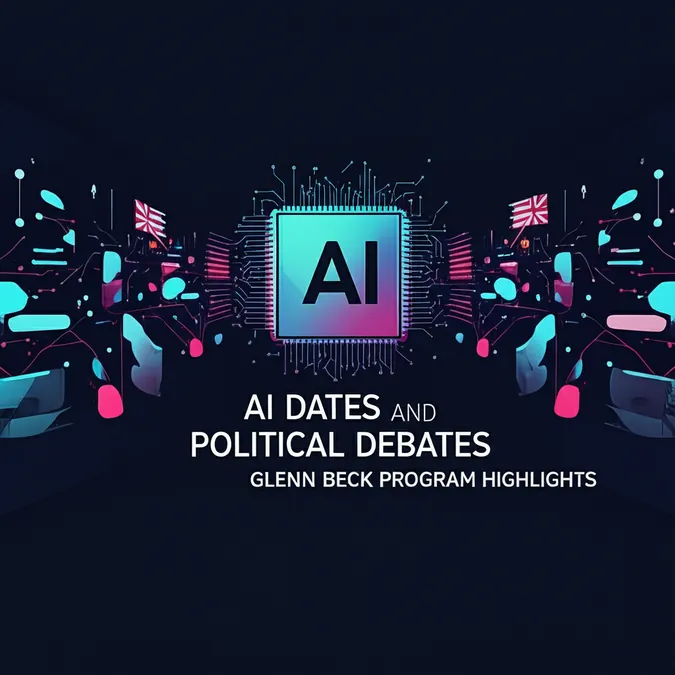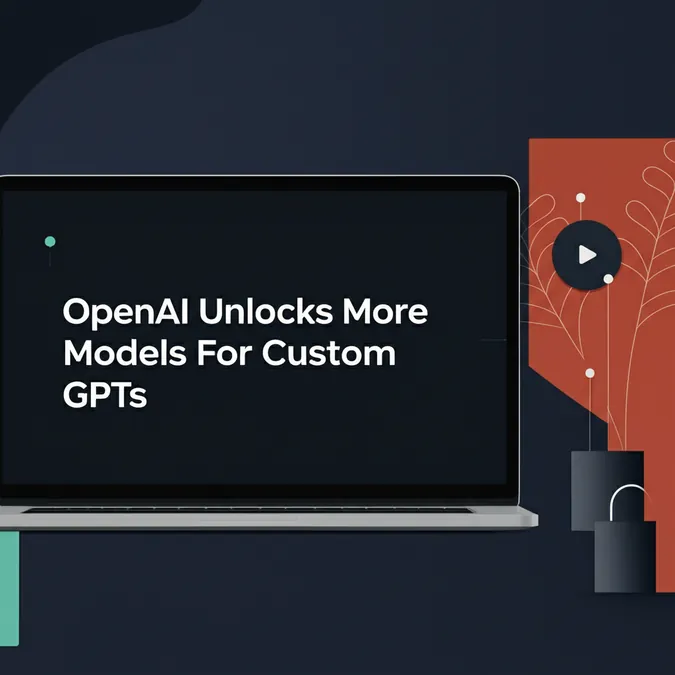Developer Offer
Try ImaginePro API with 50 Free Credits
Build and ship AI-powered visuals with Midjourney, Flux, and more — free credits refresh every month.
ChatGPT Mind Games Balancing Use And Overreliance

I continue using ChatGPT daily - but I have learned to treat it how high performers treat performance enhancing tools - with structure, limits, and awareness. Photo: NurPhoto via Getty Images
Even as a proponent of AI I have learned the hard way. The biggest threat is not automation - it is what I stop doing when I rely too heavily on machines.
There was a stretch - weeks really - when I could not finish a simple email without asking ChatGPT to do it for me. I would start typing, feel unsure, and reach for a prompt. New tone. New angle. Just one more version. Every time, the thought that maybe this one was the answer came to mind. And the dopamine hit. Instant. Novel. Addictive.
What began as a tool to streamline marketing copy turned into paralysis. I stopped trusting my own phrasing. Iteration replaced decision making. And here is what surprised me most: the more I used AI to write small things, the harder it became to write important things. Tasks I have tackled confidently on my own for my entire life - like every Forbes article I have authored or even my own book - shifted from being sources of intellectual challenge and joy to overwhelming experiences filled with self doubt. My thinking felt fuzzier. The inner voice I rely on to structure an argument or hold a tension had gone quieter.
The Allure of AI Prompts and the Dopamine Effect
ChatGPT does not just give answers - it delivers a perfectly engineered cocktail of anticipation and novelty. Each version feels like it might be the one. Each response is a surprise, tapping into the psychological principle of intermittent reinforcement, famously demonstrated by psychologist B.F. Skinner, where unpredictable rewards significantly amplify behaviors, much like gambling addiction.
For someone with an ADHD brain like mine - wired for pattern seeking, shortcut taking, and reward chasing - ChatGPT is catnip. Every new draft becomes a low effort opportunity to avoid doing the hard, focused work of starting and finishing something. It becomes a loop: Prompt -> Output -> Evaluate -> Repeat. Each time I felt uncertain, I would outsource the discomfort rather than work through it.
Cognitive Offloading The Price of Convenience
This pattern has a name in cognitive science: cognitive offloading - relying on external systems to perform mental tasks we used to internalize. AI makes it easy to skip the generative friction that creativity often requires. I was not refining ideas - I was accumulating options. I was not editing - I was evaluating. And eventually, I was not writing - I was managing automated outputs.
That does not just slow productivity. It reshapes the brain. Research by Adrian Ward and colleagues highlights how continuous dependence on digital tools for memory or problem solving reduces our ability to remember, process deeply, and engage analytically. Instead of actively shaping ideas, I found myself passively supervising generated content, weakening my own intellectual muscles.
When AI Help Hinders Genuine Expression
I have known since high school that my best ideas emerge not at a desk, but while walking or in conversation - I literally think out loud. Colleagues joke that this clearly shows I was born to be a speaker, not a writer. When AI transcription tools arrived, they felt like the solution I had been waiting for.
Until I got the transcript back.
It stripped the ums, the tangents, the little asides to my kids mid thought, such as telling my kids No you cannot have another popsicle Daddy is working, but it also erased the texture that made the thinking mine. I did not need a cleaned up version - I needed me in words. And I lost hours trying to get the AI to un help.
Why I Still Embrace AI And You Should Too
Such a horror story might naturally lead one to assume this article is tailor made for the AI resistant - something they can share aggressively with that one colleague who talks about ChatGPT as much as CrossFitters reminded you they did CrossFit in 2018.
But here is the truth: I am not anti AI. Avoiding it is a recipe for irrelevance.
I continue using ChatGPT daily - but I have learned to treat it how high performers treat performance enhancing tools - with structure, limits, and awareness.
When used intentionally, it is invaluable:
- It reveals blind spots.
- It lets me test structure and tone rapidly.
- It simulates collaboration when no one else is in the room.
But here is the key: if I do not think first, AI does not help me - it replaces me. If I do not own my voice, it sounds like everyone elses.
Reclaiming Your Mind Strategies for Healthy AI Use
To preserve cognitive clarity, I built boundaries grounded in science:
- Start with your own sentence - I will not prompt until I have written my thesis, even if it is rough. This taps into The Generation Effect, a well documented phenomenon showing that the act of creating information - not just reading it - builds stronger memory.
- Avoid AI for first drafts - write first, then compare, not the other way around. Idea development followed by AI enhancement preserves individual voice and cognitive engagement.
- Limit iterations - three options max, then decide. The Paradox of Choice and decision fatigue research - dating back to Schwartz and Iyengars experiments - reveals that fewer options, for example 3 drafts max, reduce analysis paralysis and increase satisfaction.
- Protect tech free white space - schedule tech free blocks, prioritizing clarity over speed. As I have previously explored, dedicated white space time can directly facilitate constructive and innovative thinking. This concept is supported by multiple studies, which consistently show that taking breaks - especially through walking - boosts creativity by as much as 60 percent.
These are not just habits - they are boundaries preserving the part of me no machine replicates.
The Leadership Imperative AI and Core Human Skills
This is not just about writing - it is about attention, judgment, and trust. These are the core ingredients of leadership.
The danger is not AI replacing us - it is AI eroding our capacity for deep, sustained human thinking, tempting us away from uniquely human work like wrestling with ideas, navigating ambiguity, and staying with the slow burn of unfinished thought.
AI is here to stay - and I am grateful for it. It is powerful. It is essential. But if we do not approach it with intention, it will not just alter how we work. It will reshape how we think.
That is not a technical shift. It is a leadership risk.
We are not at risk of being replaced by machines - unless we stop doing the very things machines need from us.
Let us protect our minds not just optimize our prompts.
Compare Plans & Pricing
Find the plan that matches your workload and unlock full access to ImaginePro.
| Plan | Price | Highlights |
|---|---|---|
| Standard | $8 / month |
|
| Premium | $20 / month |
|
Need custom terms? Talk to us to tailor credits, rate limits, or deployment options.
View All Pricing Details

